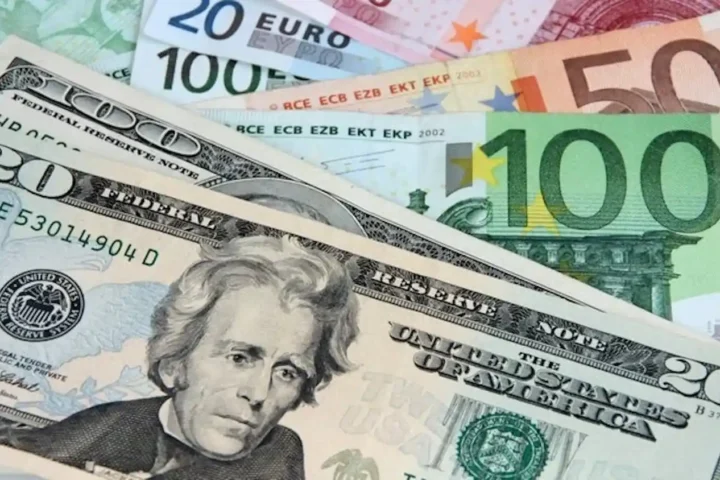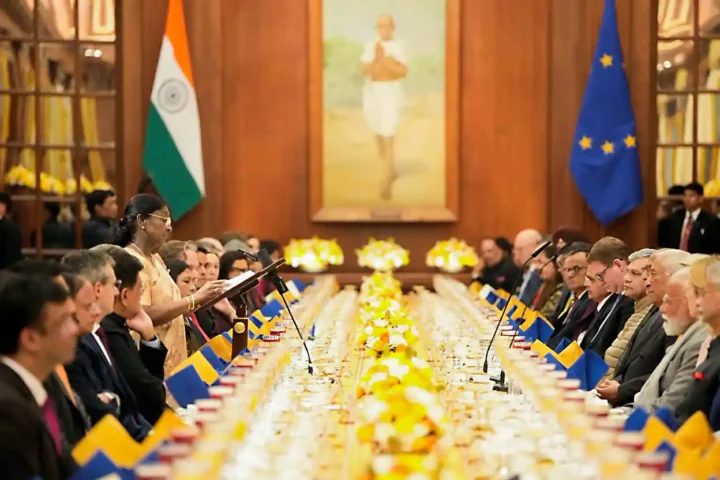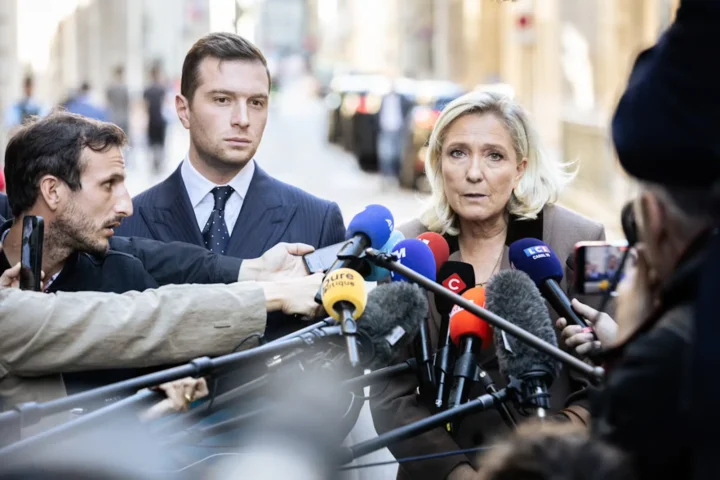This week, Ukrainian President Volodymyr Zelensky faces an impossible choice: bow to diplomatic pressure and meet Vladimir Putin in Turkey without preconditions, or stand firm with Europe’s demand that Russia first agree to a full ceasefire — and risk alienating his most unpredictable ally, Donald Trump.
The stakes could not be higher. Over the weekend, Zelensky’s major European partners — Britain, France, Poland, and Germany — demanded an immediate, unconditional 30-day ceasefire in Ukraine. They warned Russia that failure to comply would trigger a new wave of crippling sanctions. For a moment, it seemed the West was speaking with one voice: peace talks could only follow silence on the battlefield.
Then, as if on cue, Vladimir Putin flipped the narrative. Ignoring the ceasefire ultimatum, he proposed direct talks in Turkey, an offer conveniently made just as the Monday deadline loomed. It was a calculated move, designed to shift the diplomatic burden from Moscow to Kyiv. And it worked — thanks in no small part to Donald Trump.
On Truth Social, Trump thundered: “HAVE THE MEETING, NOW!!!” In doing so, he abandoned his own administration’s earlier call for a ceasefire before talks and undercut Europe’s hard-won unity. Within an hour, Zelensky, under enormous pressure, agreed to meet Putin in Turkey, even as Russian drones continued pounding Ukrainian cities.
It’s a textbook example of how impulsive leadership can upend careful diplomacy. Trump’s reversal left Ukraine dangerously exposed. European leaders like Germany’s Friedrich Merz and France’s Emmanuel Macron had made clear: without a ceasefire, negotiations would only legitimize ongoing Russian aggression. But now, Zelensky faces the prospect of walking into a room with Putin — while his country is still under fire — and being seen as the one conceding.
Putin’s timing was no accident. His early-morning televised address, laden with talk of addressing the “root causes” of the war, wasn’t a genuine olive branch. It was a trap: if Ukraine hesitates, Putin can blame Kyiv for stalling peace. If Ukraine agrees without a ceasefire, Russia keeps its leverage on the battlefield.
Turkey, playing its traditional balancing act, is ready to host the talks but subtly emphasized that a ceasefire would “create the necessary environment for peace talks.” It’s telling that even Ankara, historically eager to broker deals, is wary of legitimizing a lopsided negotiation.
Meanwhile, Trump’s Secretary of State, Marco Rubio, will be in Turkey for a NATO meeting — a coincidence that risks entangling NATO’s credibility in a rushed, ill-prepared summit that could easily be spun to favor Moscow.
Ukraine’s allies must now ask: is this meeting a path to peace or a theater of capitulation? Without a ceasefire in place, any talks risk becoming little more than a propaganda stage for Putin. Worse, they could fracture the Western coalition that has sustained Ukraine through its darkest hours.
Zelensky’s willingness to meet shows his dedication to ending the war. But diplomacy under duress is not diplomacy; it’s coercion. Until Russia silences its guns, Ukraine should not be expected to negotiate from under the bombs.
Europe must hold firm to Monday’s ceasefire deadline and follow through with promised sanctions if Moscow defies it. Anything less would validate Putin’s ploy and send a dangerous message: that in this war, aggression brings not punishment, but power.
The world should want peace — but not peace at any price.











